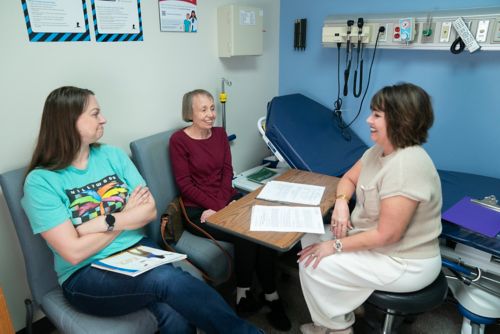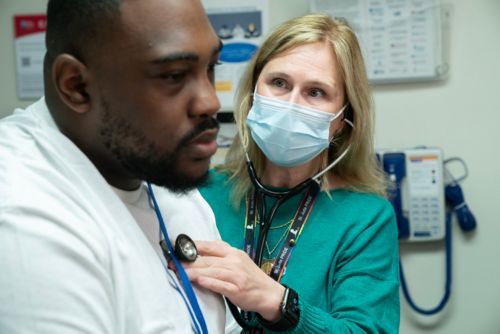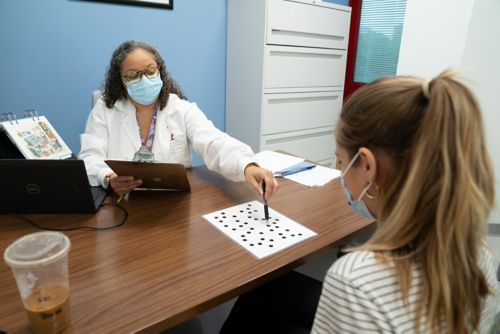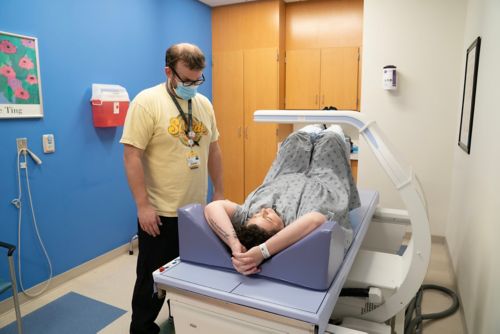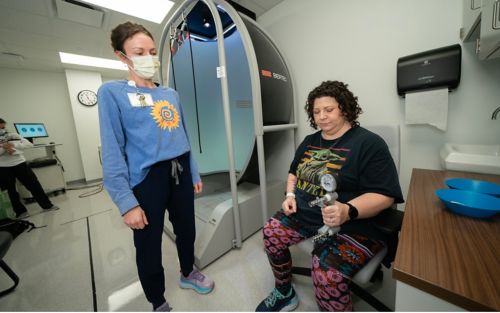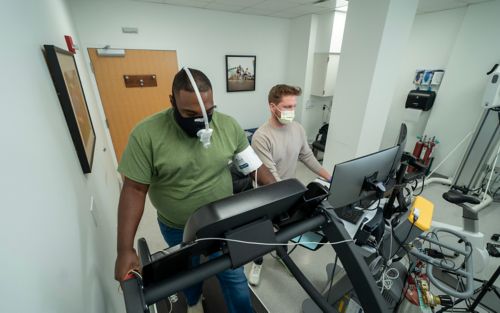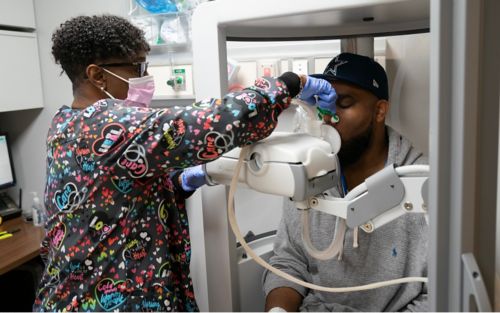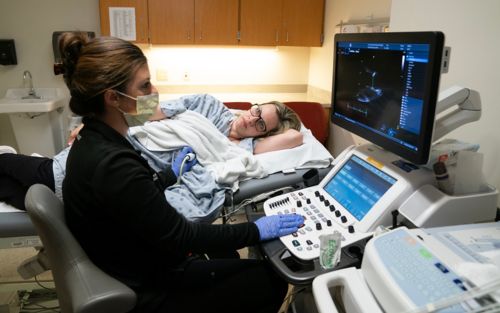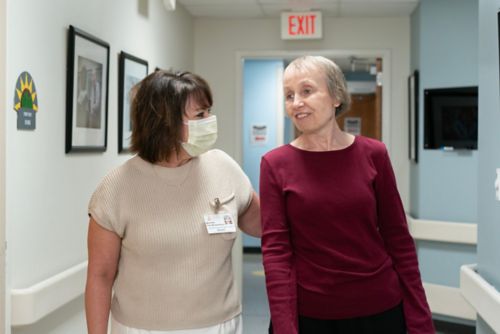When you take part in the St. Jude Lifetime Cohort Study (St. Jude LIFE), you help childhood cancer survivors around the world and learn more about your own health.
St. Jude LIFE’s purpose is to learn about the health of childhood cancer survivors and how to reduce late effects of childhood cancer treatment. Late effects are conditions that happen months or years after treatment is over.
Participants visit St. Jude for tests and screenings. You also complete several surveys about your health. The visit takes about 3–4 days.
St. Jude covers costs of the visit. This includes travel, hotel, and food. If you are younger than age 18 or require an adult to be with you, St. Jude will also pay for their travel and hotel.
As a participant, you help health care providers and researchers find ways to improve the health of childhood cancer survivors. Health care providers use the information from the St. Jude LIFE study to:
- Make recommendations for treatment and follow-up of future patients
- Adjust treatments to lower the risk of late effects
- Suggest certain screening tests to catch problems early and lifestyle choices to help childhood cancer survivors stay healthy
St. Jude LIFE participants come back about every 5 years. You may return more often if you are invited to take part in other research studies.


